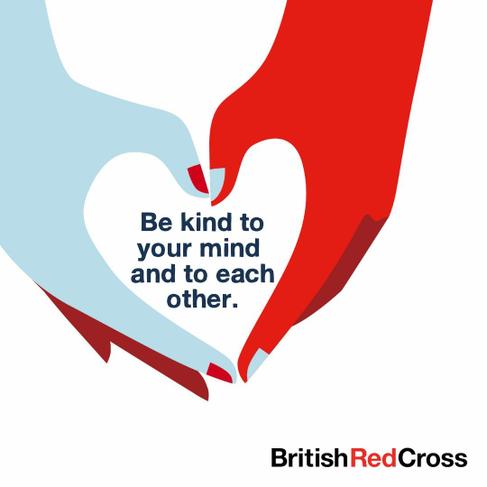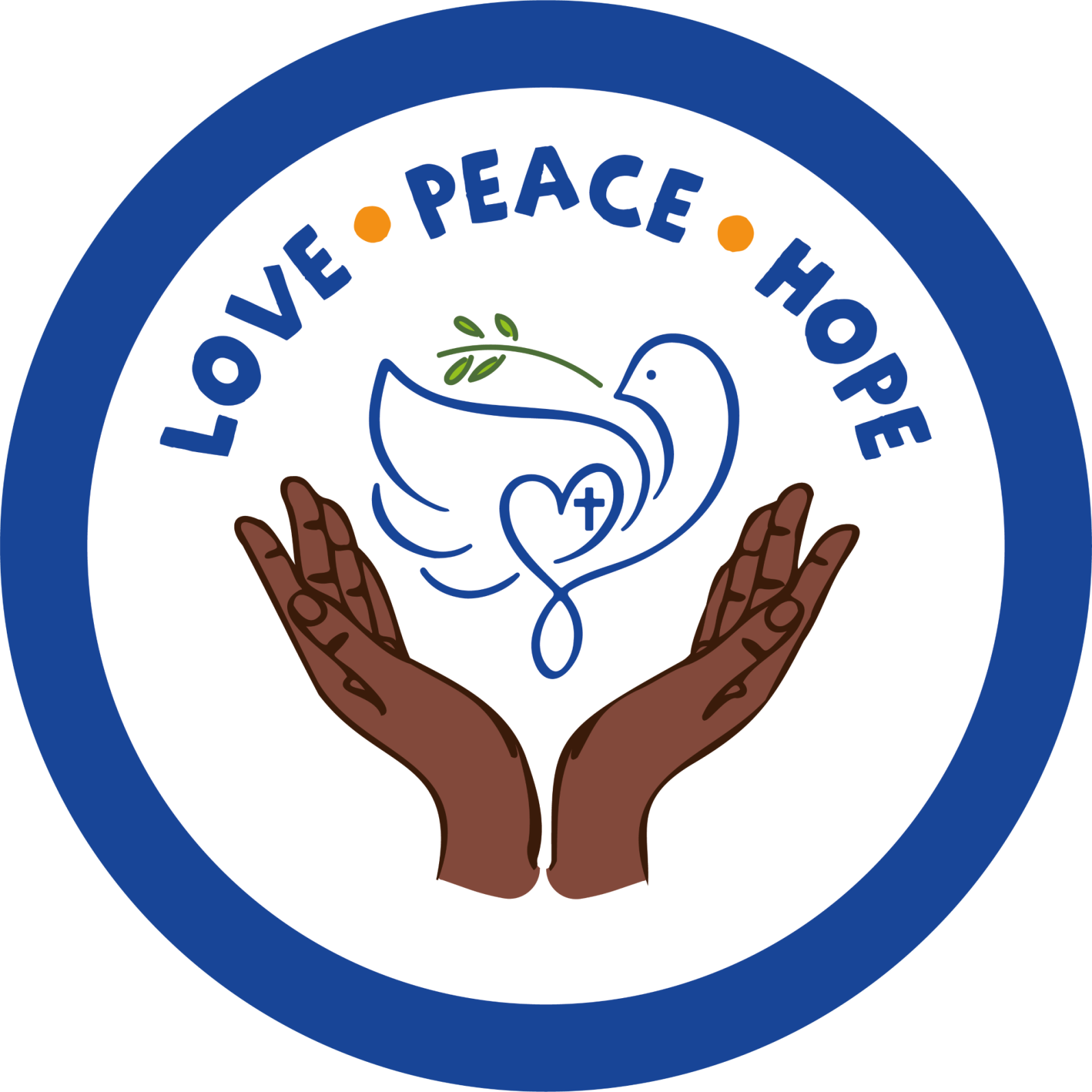Our Learning
Kindness

The Power of Kindness Calendar
At the end of the week or month, you can look back at the calendar to see all you have achieved!
1. What does kindness mean?
Discuss what the word kindness means. Draw a mind map and write down some words related to kindness. How does kindness make you feel? Write or draw what kindness means.
2. Five kind acts
Think of five kind acts that you can do over the next few weeks. Perhaps you will be more helpful at home, be kind to a sibling or pet, or see how they could support a good cause. Remember by staying at home as much as possible you are all helping save lives - this could be one of your kind acts. Washing hands for 20 seconds with soap and water and maintaining a safe distance from others when you all have to go outside, are all acts of kindness. Use the record card helps you to decide on five kind acts that you’ll each do during the month. You can use this to look back on you they have achieved.
3. Doing helpful things
How could you be helpful around the home? Could you keep your bedroom tidy, help lay or clear the table or put the washing away? Ask yourself: How did it feel to be kind? What did it mean to the person you were helping? What might you do next?
4. Being kind to yourself
Think of ways your household or group can be kind to themselves. This could be continuing to do things that make them happy. Write or draw things you like doing and can still do while isolating, such as listening to or playing music, drawing or speaking to friends on the phone.
5. Ways to cope
Being calm in a crisis can mean we are able to support others. For example, use the breathe with colour activity to breathe deeply and slowly so that you can stay calm if you ever feel worried or upset. With your family think of a colour for relaxed feelings (like the warm golden sun) and one for ‘not so good’ feelings (like grey, the colour of a rainy day). You may wish to discuss how the colours make them feel and then practice it together at redcross.org.uk/education breathing in with the good colour… out with the bad colour. For more ideas and information of coping strategies look at our resources around coping.
6. Discovering kindness
Take some time to focus on positive news stories. Together, you could collect all the stories about acts of kindness you have heard recently, such as musicians holding concerts on social media or balconies, people offering to do each other’s shopping, or the way communities are coming together to support each other and appreciate health workers during this period. You could make a presentation, video or podcast and present your own ‘kindness news’ programme sharing all the positive news you can find.
7. Kindness in the community
Those currently self-isolating could be feeling lonely. Simple acts of kindness could make a big difference. Could you (with your family) telephone a neighbour or grandparent, delivering some shopping or write a letter or draw a picture. Could you teach them a new skill over the phone? Many children are drawing pictures of rainbows and putting them in windows to share hope, could you do something similar?
8. Being grateful
Think about what you are grateful for. Draw around your hand on a piece of paper, in each outline of a finger write one thing that you are thankful for. For example: family, friends or the environment.
9. Looking to the future
Discuss hopes for a kind future. When this crisis is over how might we continue to be kind to each other?
10. Reflecting and sharing kind acts
At the end of the week or month look back on all your kind acts and all that you have achieved. What are your hopes for the week ahead? Share one thing that you are proud of. Sharing your kindness. You could take a photo of your kind acts and share on Twitter, Facebook and Instagram using #PowerofKindness and @BritishRedCross and @stmarysb20

